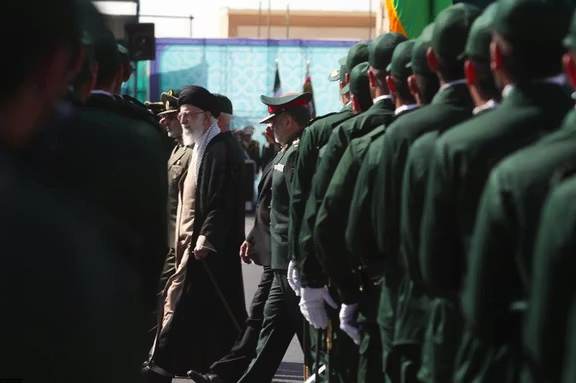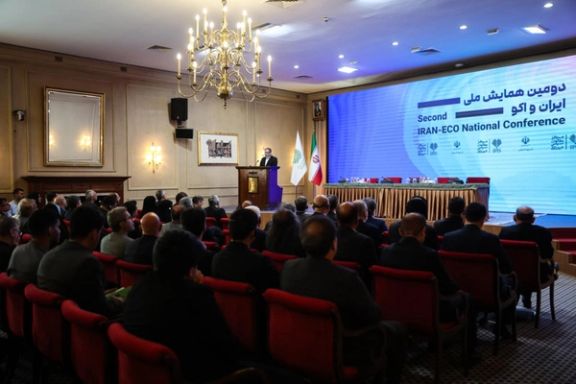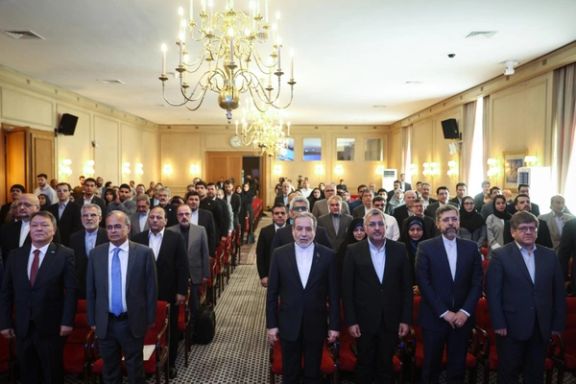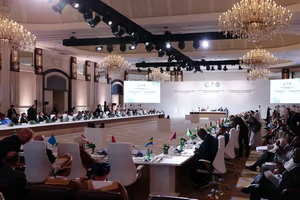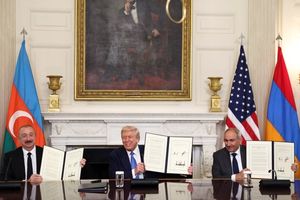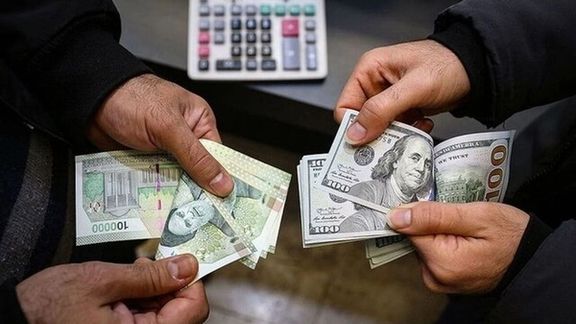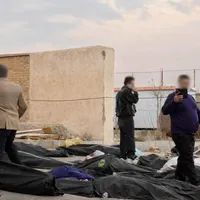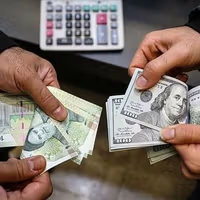"The Iranian regime must focus on addressing the needs of its people instead of engaging in destructive war rhetoric," the State Department said in a post on its Persian-language account on X.
"After years of economic hardship and international isolation, the people of Iran deserve peace and prosperity."
Iranian officials, especially hardliners and military leaders, have repeatedly mooted striking Israel and the United States if attacked again following their surprise military campaign in June. Officials have also issued menacing rhetoric to dissidents abroad.
Last month, Iran's top security official Ali Larijani said the country must remain prepared for a fresh round of conflict as the war with Israel is not over despite a US-brokered ceasefire that put an end to a 12-day war between Iran and Israel in June.
The Islamic Republic needs to "create capacities so that the enemy will not be tempted to take action again," Larijani said in an interview with the Supreme Leader's official website.
His remarks were the latest in a series of sharp comments from leaders on both sides, with Israel’s army chief vowing readiness for further strikes and Iran’s General Staff warning of “a far stronger response” to any future attacks by the United States or Israel.
Meanwhile Israeli officials have frequently asserted that their military quarrel with Iran is not yet finished and continue to cite Iran as an alleged existential threat.
Iran’s navy test-fired a range of cruise missiles during large-scale drills last month, and the defense ministry warning of stronger response in any new war with Israel.
"Any miscalculation in the region will be met with a very strong response from Iran’s powerful armed forces,” it said in a statement.
"Senior officials of the regime have chosen to distract from internal challenges by instilling fear of external threats," the State Department said in its post.
"Iran’s leadership should instead prioritize actions that restore economic stability, improve living conditions, and rebuild trust with both its citizens and the international community."
Iran’s currency, the rial, now trades at nearly one million to the dollar, having lost almost a third of its value since Donald Trump won the US presidential election last November.
Iran faces one of the highest inflation rates in the region. According to the International Monetary Fund's estimates, the annual inflation rate has averaged above 42% since 2020, sending costs of living soaring.
Sanctions, corruption and economic mismanagement have contributed to widespread economic hardship and market instability as Iran's currency the rial has lost over 90% of its value since US sanctions were reimposed in 2018.
A poll by Iran's leading economic newspaper Donya-ye Eqtesad last month reported that just under 90% of Iranians described their level of satisfaction with government economic policies as low or very low.
